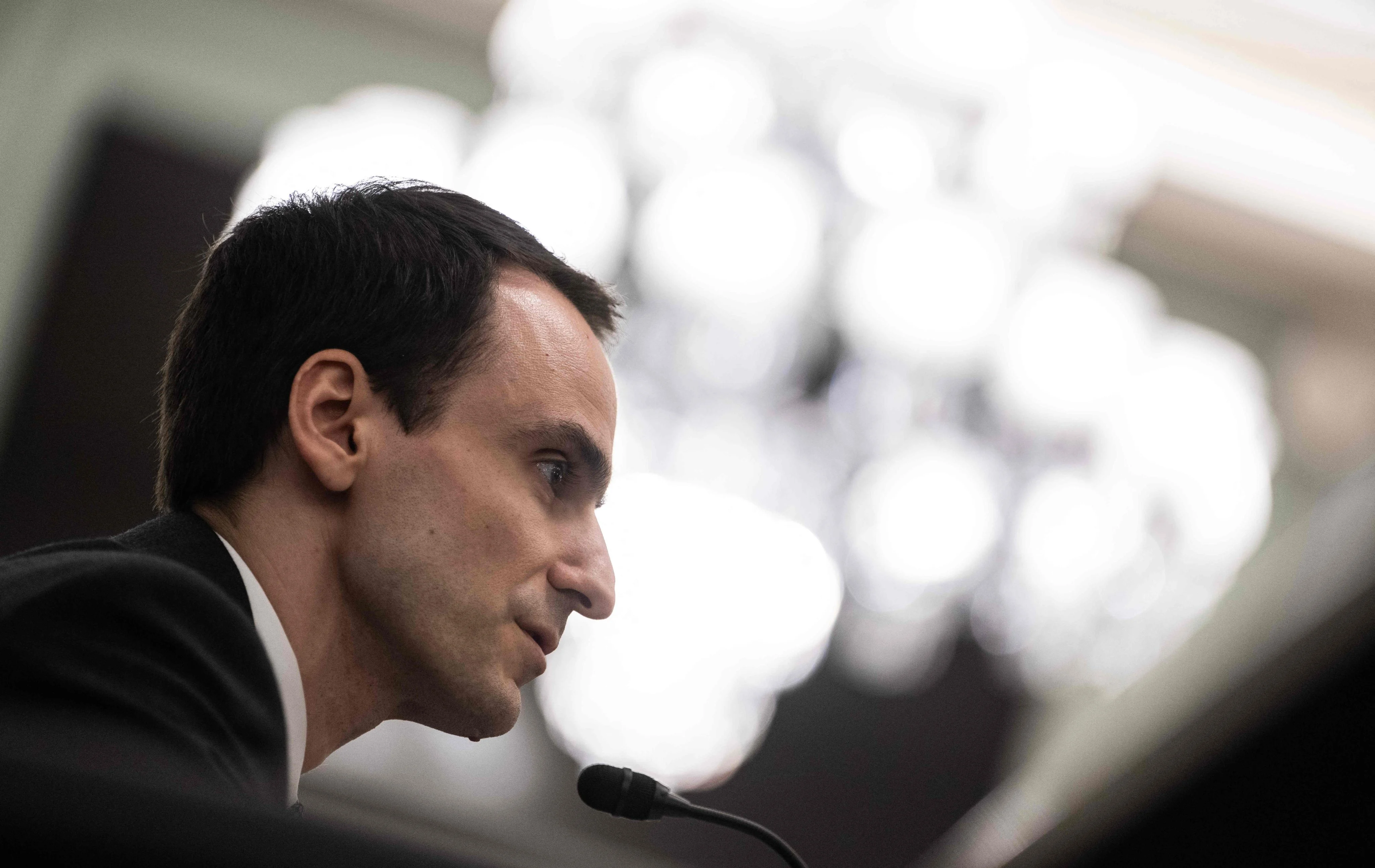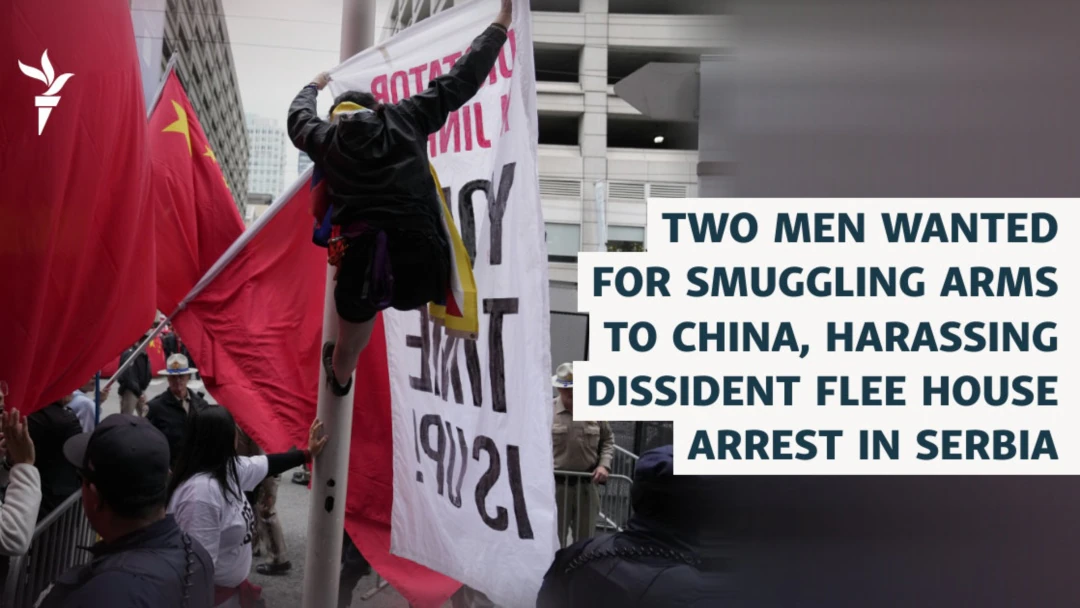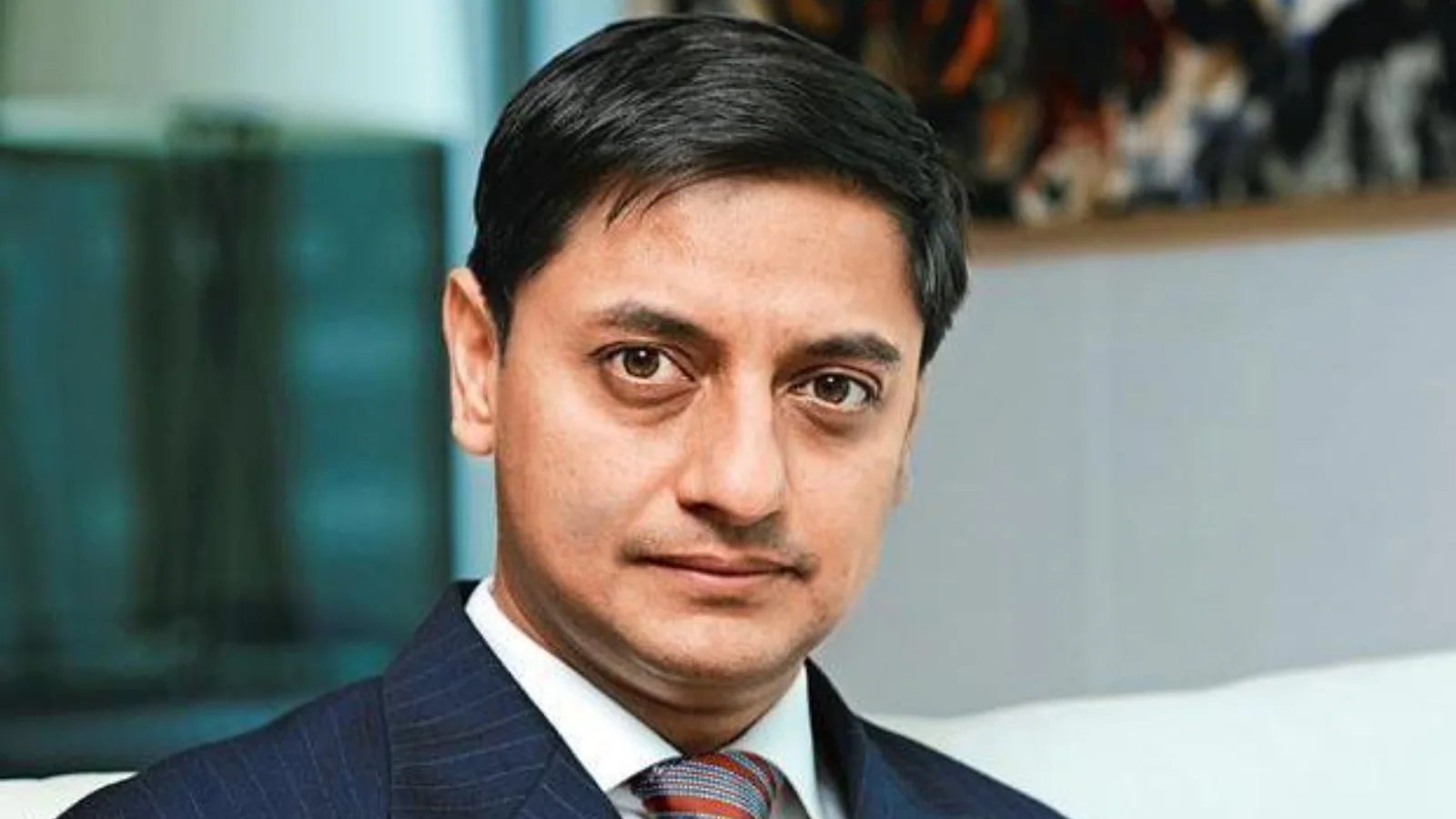By Frank Chen
Copyright scmp

The White House on Wednesday reiterated its call to defend its artificial intelligence lead against a quickly advancing China by exporting “cohesive AI tech stacks” that integrate not just chips but also algorithms and applications to foreign countries.
Michael Kratsios, director of the White House Office of Science and Technology Policy, told a Senate subcommittee hearing that the US once commanded a “comfortable” lead in AI over closest competitors, such as China, in 2020, but by 2024 the gap had begun to “close significantly”.
“We stood in danger of losing our pre-eminence in this critical technology,” he said.
A tech stack is a collection of technologies – including advanced semiconductor chips and algorithms – used to develop an application. The importance of exporting full AI stacks is cited in the Trump administration’s July AI Action Plan.
Greater exports of American AI tech stacks, he said, would be instrumental in preventing China from amassing market share globally, undercutting the growth of US rivals.
“To have a cohesive, successful AI ecosystem, you have to have the physical compute to run large language models and applications built on top of those … Whatever use cases may be, they need to be developed as part of a larger cohesive stack,” Kratsios said.
He said his office aims to work with the Commerce Department to flesh out more details regarding these tech stacks as “one of the most important actions” of America’s latest action plan on AI.
The administration plan also directs the defence and commerce departments to coordinate with allies on adopting US export controls and to keep American adversaries out of their defence supply chains.
Kratsios also stressed that American AI stacks would be solutions and standards for other countries.
“There hasn’t actually been a standard [on AI] that has been set when countries try to find a way to implement AI. So we’re prime right now to be the solution for our partners and allies around the world,” he said.
“We want all applications to be built on top of the American stack, meaning fine-tuning American models, running them on American chips … If we aren’t the standard around the world, those models and applications will be fine-tuned on adversary models running on adversary chips.”
He suggested the drive to export American AI stacks could be a precaution against an ascendant China, drawing on his past work experience curbing Huawei as a US chief technology officer.
“I spent much of my time in my first run in government as a US CTO, going around the world, talking to technology ministers about the challenges of Huawei and the ability and the challenges the US had in gaining the support of Western telecom guild globally,” he said.
“And we’re in a moment now where, unlike that time, we do actually have competitive technology [in AI],” he added.
“We have the best chips, the best models, the best applications. It’s incumbent on the US government to help promote technologies broadly so that when the PRC has the capacity to export chips themselves, we are already there and already around the world.”
At the same hearing, Republican Senator Ted Cruz suggested an AI “sandbox” act to make federal regulation more accommodating to innovation, a policy recommended in the July action plan.
In his reply, Kratsios said he would work with the Senate committee to make the sandbox idea into law.



